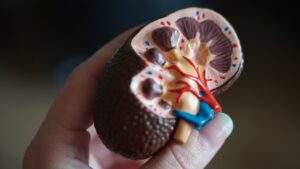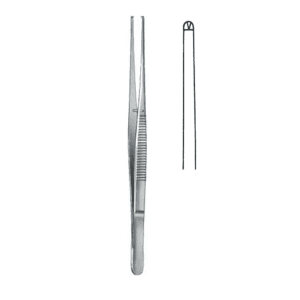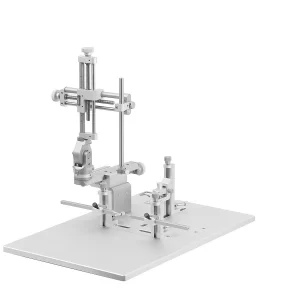
New Technique Discovered For Easy Autism Detection in Kids
A new study has discovered a new technique that ensures autism spectrum disorder in kids is accurately and quickly detected by doctors. Previously discovered

This study was carried out by a research team at Magee-Women’s Research Institute (MWRI), cooperating with clinicians at UPMC Children’s Hospital of Pittsburgh and UPMC Magee-Women’s Hospital. The research, published in pediatrics, studied the case report of two transgender women who decided to recover their fertility after starting and stopping their gender-affirming medications.
The scientists’ aim was to find out if transgender women who take gender affirmation drugs still have the ability to produce sperms, and also, they were interested in evaluating the timeline for getting viable sperm- months after stopping with their gender-affirming medications.
The scientists evaluated the medical records of two transgender women that wanted to preserve their sperm after halting hormone therapy and have their sperm quality compared against eight other transgender women who volunteered to maintain their semen before activating treatment. All study participants are from the Fertility Preservation Program in Pittsburgh, which occurred from 2015 to 2018 as young adults.
One of the transgender women who volunteered to preserve their semen after activating her therapy was taking the drug Lupron before she stopped. Lupron is a sex hormone blocker drug that stops puberty when administered in adolescence for six months.
She was able to produce a sperm sample that can be compared to that which was collected from the eight other transgender women who preserved their sperm before undergoing medication.
The second result, which was from the other transgender woman shows that fertility doesn’t quickly return after halting gender-affirming medications. The second patient has been taking spironolactone and estradiol for about two years. However, after four months of terminating treatment, she wasn’t still able to produce sperm, and she decided to stop trying to recover her fertility and continue with her medications because it is a tremendous psychological process.
https://www.eurekalert.org/pub_releases/2019-08/uop-twc080119.php
http://www.upmc.com/media/news/080519-valli-trans-sperm-recovery

A new study has discovered a new technique that ensures autism spectrum disorder in kids is accurately and quickly detected by doctors. Previously discovered

New Study shows that different coloration of primates doesn’t indicate fertile phases, but individual characteristics and reproductive status. Previous studies of ornamentation in female primates

Today astronomers from the Event Horizon Telescope Project (EHTP) unveiled the first-ever picture of a black hole and I’m sure most of you will have

A new study reveals that acute kidney failure can be detected earlier than the previous and currently used methods in patients. Drug-induced acute kidney






DISCLAIMER: ConductScience and affiliate products are NOT designed for human consumption, testing, or clinical utilization. They are designed for pre-clinical utilization only. Customers purchasing apparatus for the purposes of scientific research or veterinary care affirm adherence to applicable regulatory bodies for the country in which their research or care is conducted.